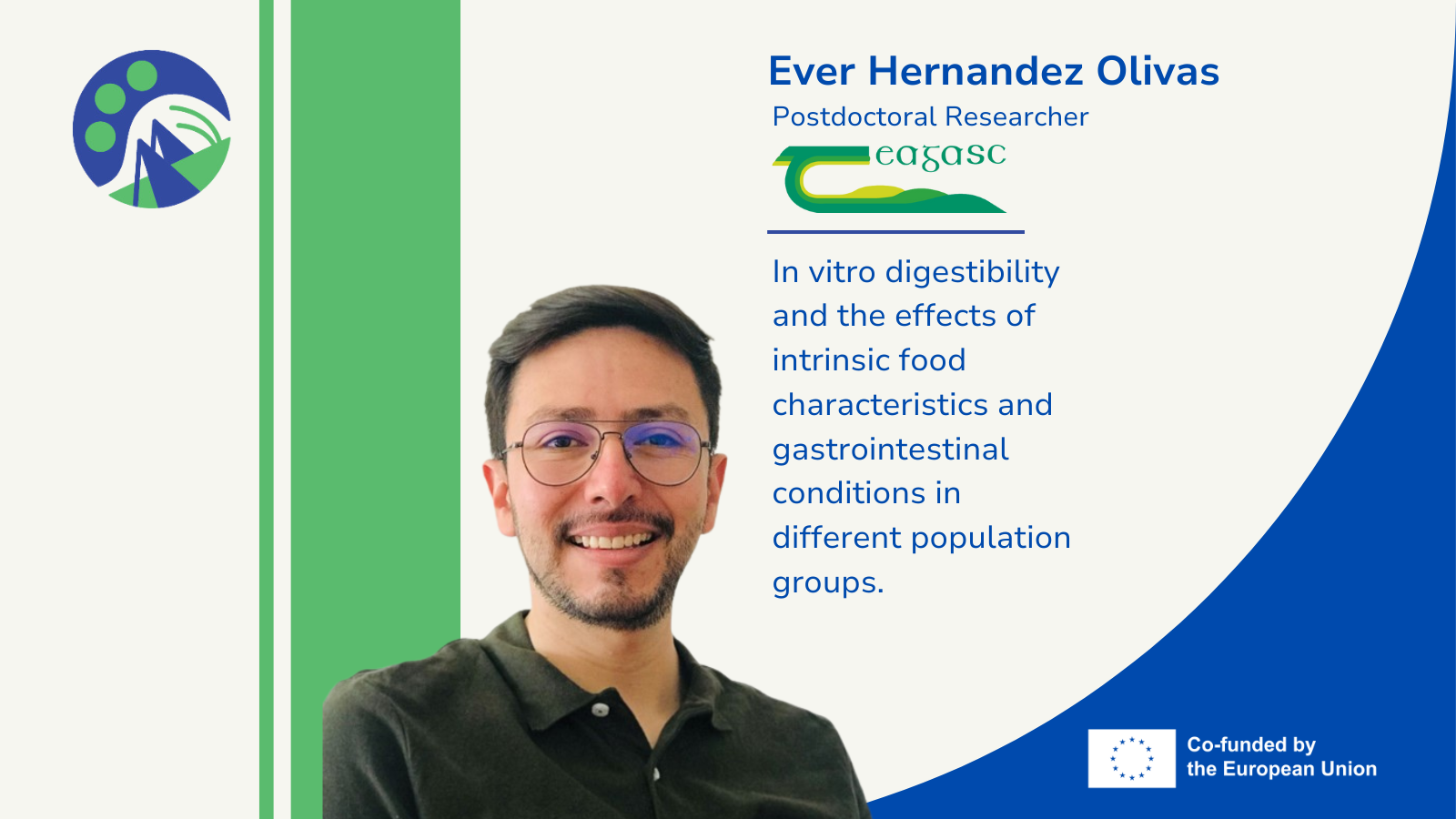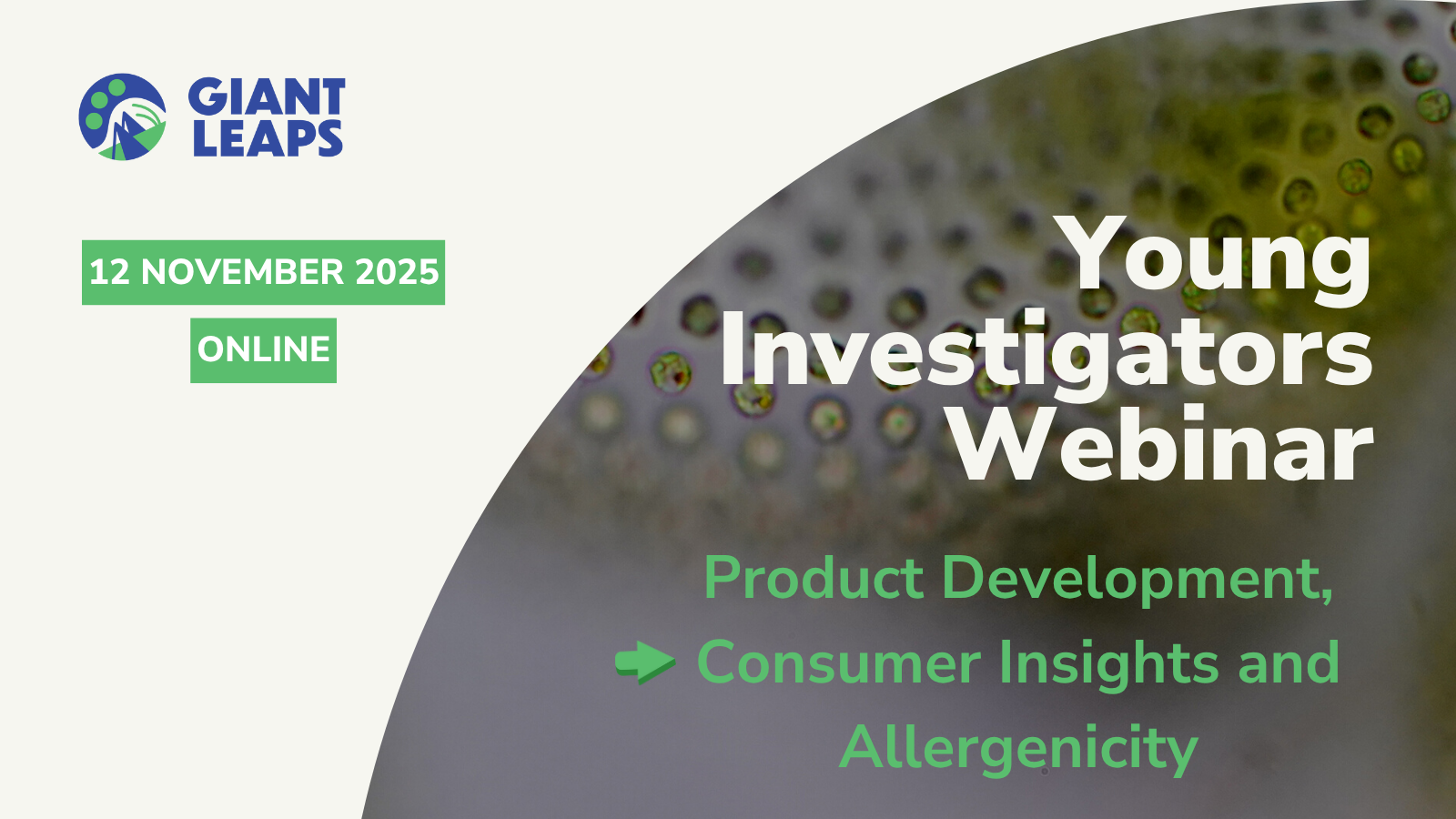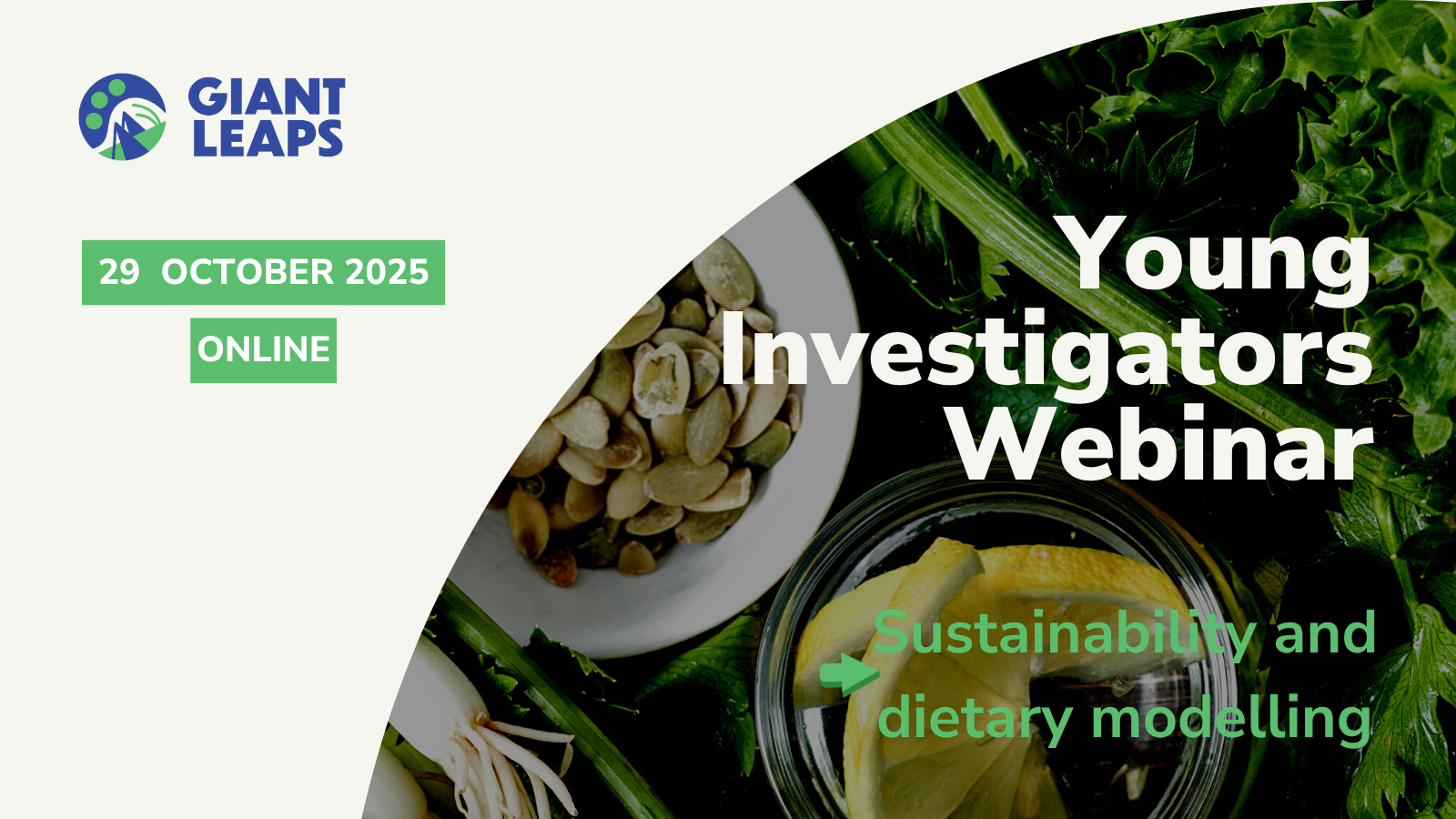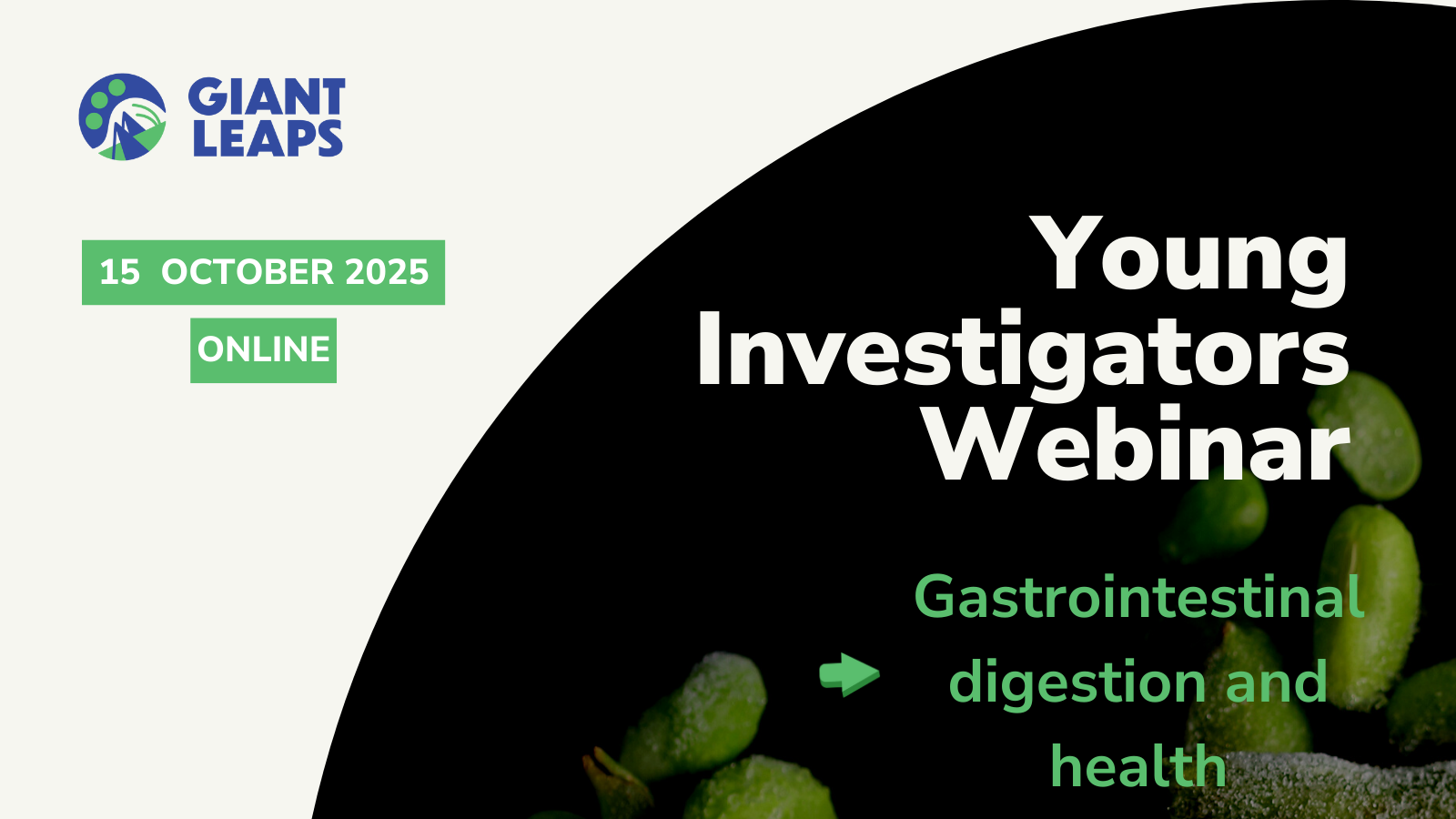Meet our Young Investigators: Ever Hernandez Olivas, Teagasc Food Research Centre

Ever is a postdoctoral fellow working on Work Package 4 (WP4) “Digestion and Health” in the Giant Leaps project. His research focuses on understanding the digestibility, digestive behavior, and bioavailability of alternative protein ingredients and foods. With a background in Chemical Engineering from the Autonomous University of Chihuahua, Mexico, and a PhD in Food Science, Technology, and Management from the Polytechnic University of Valencia, Spain, Ever brings valuable expertise to the project.
What is the main focus of your research?
My research aims to assess how alternative protein ingredients and foods meet nutritional requirements to qualify as
high-quality protein sources. To achieve this, I use in vitro digestion models established by the INFOGEST network,
following ethical principles such as the replacement, reduction, and refinement of animal models.
Where are you based? What do you enjoy about your university? Does it foster your
interest in alt proteins? Is there a local community that inspires your work?
I am based at the Teagasc Food Research Centre, Moorepark, which strongly supports research in alternative proteins,
sustainability, and climate change. The centre is known for its research excellence and has a highly international and
collaborative environment that makes it an inspiring place to work.
What sparked your personal interest in the topic of dietary shifts?
My interest in dietary shifts comes from my belief that exploring and developing new food and protein sources can
contribute to a more sustainable, inclusive, and conscious future.
What are your aspirations for the future, and how do you hope your work will make an impact?
In the long term, I aim to continue my career in academia, stabilizing my research trajectory and making meaningful
contributions to science. My work, particularly on food digestibility, plays a crucial role in the Giant Leaps project,
helping to ensure that new foods and ingredients can be efficiently integrated into sustainable food systems.



